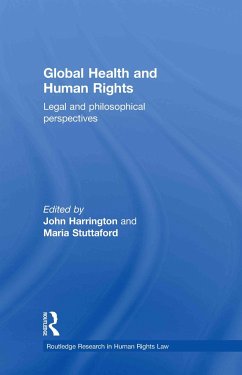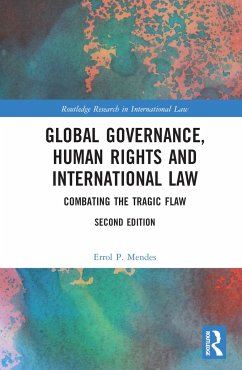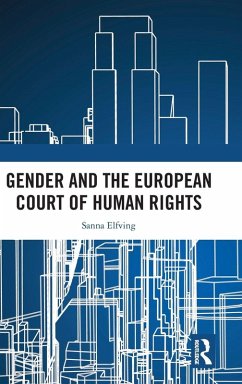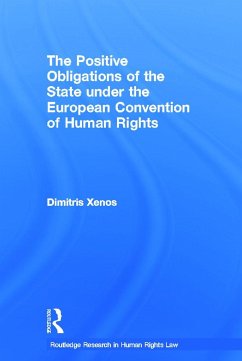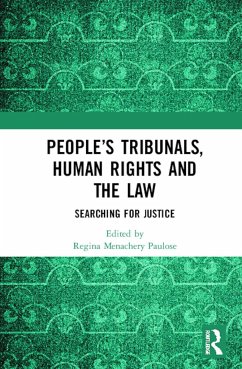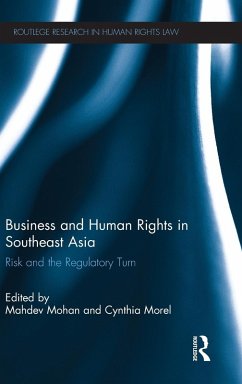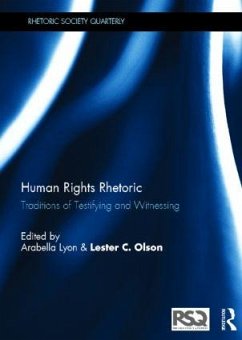
Global Pandemic, Security and Human Rights
Comparative Explorations of COVID-19 and the Law
Herausgeber: Stanford, Ben; Espaliu Berdud, Carlos; Foster, Steve

PAYBACK Punkte
84 °P sammeln!
This book presents an international and comparative exploration of how the COVID-19 global pandemic has affected and impacted on issues of human rights, security, and law. Throughout the world, the COVID-19 global pandemic has fundamentally impacted and altered our way of life. As this book sets out, all states have had to contend with similar challenges as well as competing interests and obligations affecting human rights and security. These challenges present very few simple choices but nonetheless carry enormous consequences. Organised into two thematic and distinct yet interrelated parts, ...
This book presents an international and comparative exploration of how the COVID-19 global pandemic has affected and impacted on issues of human rights, security, and law. Throughout the world, the COVID-19 global pandemic has fundamentally impacted and altered our way of life. As this book sets out, all states have had to contend with similar challenges as well as competing interests and obligations affecting human rights and security. These challenges present very few simple choices but nonetheless carry enormous consequences. Organised into two thematic and distinct yet interrelated parts, first on theoretical and practical challenges for human rights and second on threats to personal, collective, and global security, the book examines how the ability of states to safeguard our fundamental rights and security, broadly defined, has been challenged. Questions about the legality and legal impact of recent responses to COVID-19 will persist for some time. It is often said that global problems require coordinated global solutions, but the various responses to the pandemic by states suggest a notable lack of a consensus amongst the international community. The book will be of interest to academics and researchers working in the areas of human rights law and security law. It will also appeal to constitutional lawyers, given the nature of law-making and the challenge of ensuring adequate scrutiny in emergency situations as well as the impact of COVID-19 upon the legal framework more generally. It will provide a valuable resource for policymakers, practitioners, and public servants.




